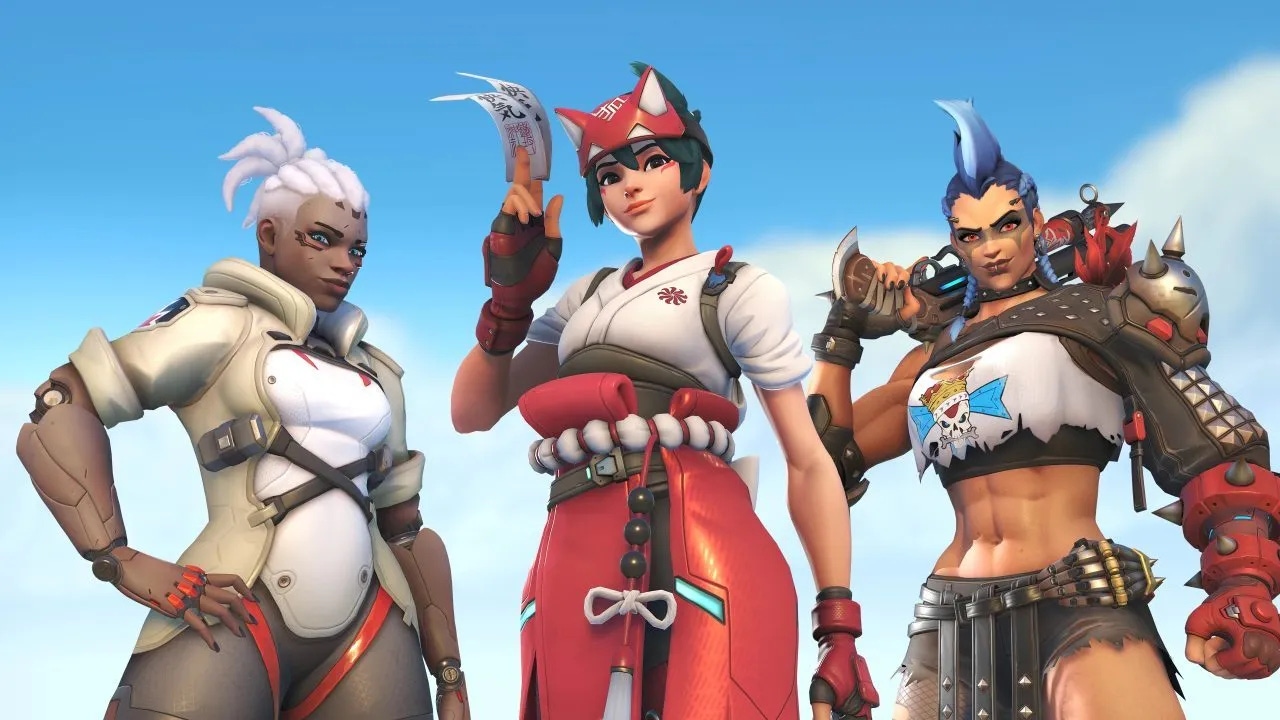Congress calls on publishers to address extremism in game communities
Members of Congress want the game industry's largest publishers to address the rise of white supremacist ideology in their various sub-communities.

Axios published a draft of a letter from Congress going out to game publishers like Sony and Microsoft for information on how they respond to reports of extremist behavior in their online gaming communities.
The letter, which was penned by Democratic senators such as Katie Porter (CA) and Lori Trahan (MA) and was sent out today, comes in the wake of a recent report from the Anti-Defamation League (ADL) which states that extremism in game communities is on the rise since 2021.
In addition to Sony and Microsoft, fellow letter recipients are Activision Blizzard, Electronic Arts, Tencent, and Valve.
"We know that online games, like the ones you create, are widely used spaces where millions of people overwhelmingly report experiencing positive social behaviors," reads the draft. "However, they are also spaces where hate, harassment, and extremism can proliferate, and we are concerned about the total volume as well as the increase in player reports of these negative encounters."
Per the ADL's 2022 report, 77 percent of adults and 66 percent of teens have reported experiences with harassment in online games. Last year, that number was respectively at 71 percent (adults) and 60 percent (teens). Additionally, 60 percent of children ages 10-12 reported similar harassment.
Overall, 2.3 million teen players are believed to have been exposed to white-supremacist ideology in popular titles like Apex Legends, Call of Duty, and Roblox.
"Given the rise of extremism—especially white supremacist ideology—around the world, it is important that online video game developers work to stop the spread of harassment and extremist ideologies that proliferate on their platforms," the letter continues.
In the letter's closing statements, the members of Congress ask questions pertaining to in and out-game ways players can report harassment, how those reports are handled, and how extremist content is even recognized in games to begin with.
Supremacist ideology in games keeps getting worse
Speaking about its most recent report, ADL CEO Jonathan Greenblatt told Axios that "game communities are being increasingly filled with hate and harassment. It’s time for players, parents, lawmakers, civil society, and communities to require more from the companies who profit off players’ interactions."
Last year, the ADL similarly warned that in-game harassment had increased since 2020, particularly for minorities such as women and people of color. Women reported an 8 percent jump in harassment (41 in 2020 to 49 percent in 2021), while Black and Asian-American players saw respective rises of 11 percent (31 to 42 percent) and 12 percent (26 to 38 percent).
Congress' focus on game publishers comes amidst a larger conversation about the role social media plays in people's lives, particularly teenagers. Senator Trahan, also speaking to Axios, added that "When we talk about holding technology companies accountable for what they’re pushing toward our kids, gaming companies must be a part of that conversation."
One of the aforementioned questions posed to publishers was if they'd be willing to release a regular transparency report on in-game player reporting and auto-bans for inappropriate behavior. Though the publishers aren't obligated to respond, Trahan noted that she would be paying attention to their response regardless.
About the Author(s)
You May Also Like







.jpeg?width=700&auto=webp&quality=80&disable=upscale)








